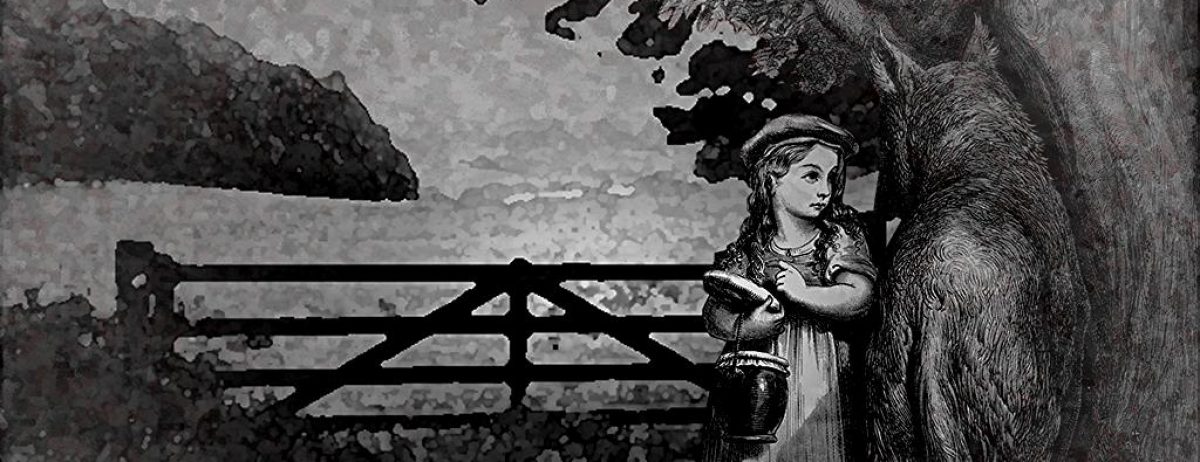When I began my Master’s program, I started a blog to interact with my new English department classmates. Now that I am nearing the end of my PhD program, I have read back over my old blog posts feeling fond of my less-informed former self. Throughout my whole introductory post to that blog, I was circling around a sense of liminality, although I had never heard the term to use. If I were to write that entry now, after 8 years of graduate study, the word would be an obvious descriptor of the sense of potential that I then felt.
“Liminality” comes from the field of anthropology. Arnold van Gennep originated the term as one of several rites of passage within a society. In describing the concept of transition rites, he says, “I propose to call the rites of separation from a previous world, preliminal rites, those executed during the transitional stage liminal (or threshold) rites, and the ceremonies of incorporation into the new world post-liminal rites” (21). The online version of the Oxford English Dictionary defines “liminal” as “[o]ccupying a position at, or on both sides of, a boundary or threshold.” That is exactly where I felt my life to be at the beginning of my MA program, and that is how I feel right now.
It is appropriate that I should have felt the resonance of this then-unknown concept because liminality comes from anthropology and the study of folklore, which is broadly my field of study. Realizing this, I feel affirmed in my choice of subject matter I have studied all these years. These last eight years I have read widely in the fairy-tale field, researching the Grimms, the changes in children’s lit in early America, and the development of criticism within the fairy-tale field itself. I have written seminar papers on fairy-tale references in Hurston, its absence in favor of myth in Faulkner, elf legends in medieval religious plays, and the connections between Shakespeare and Angela Carter. One of these seminar papers I edited into a published essay for the Eudora Welty Review. The fairy-tale field is a deep-set interest for me, not a dispassionate career choice. I keep circling back to the same broadly connected concerns in my personal as well as professional life, and I know I will always continue learning more about the constellation of fields touching folklore.
Once again, I feel a sense of potential in my life. I am about to make the change from being a graduate student to being a professional. I hope I am hired for a tenure-track job so that I can continue to teach reading and writing to college students for years to come. As long as I am able to get that daily affirmation from teaching that I have learned to love, and as long as I can occasionally publish my thoughts in thoroughly-researched essays, I will feel as though the years of work to get this PhD have been worth it.
I will end this entry where I began my first blog post so many years ago: with the liminal moment in Tennyson’s “The Lady of Shalott” that resonated with me years before I truly understood what it meant to study literature.
She left the web, she left the loom,She made three paces through the room,
She saw the water-lily bloom,
She saw the helmet and the plume,
She look’d down to Camelot.
Out flew the web and floated wide;
The mirror crack’d from side to side;
“The curse is come upon me,” cried
The Lady of Shalott.
Work Cited
Van Gennep, Arnold. The Rites of Passage. Trans. Monika B. Vizedom and Gabrielle L. Caffee. Intro. Solon T. Kimball. Chicago: Phoenix–U of Chicago P, 1960. Print.
